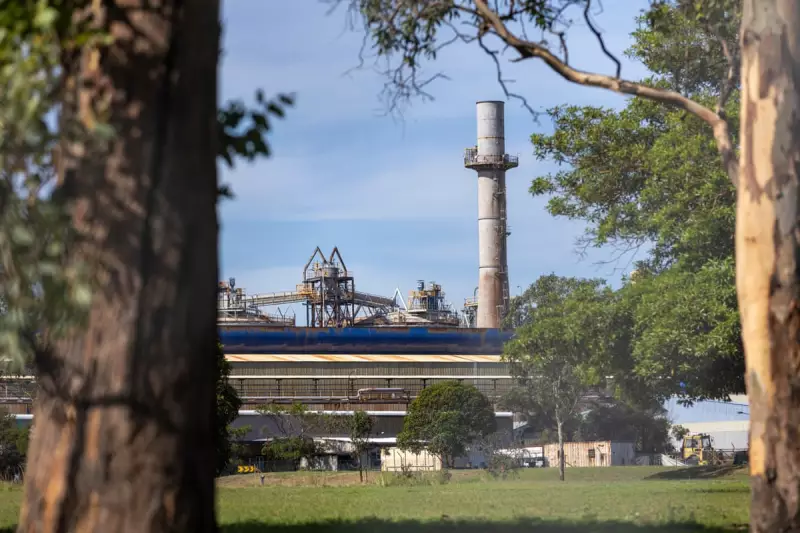
Australian taxpayers are poised to shoulder another enormous financial burden as the nation's largest aluminium smelter edges toward collapse, in what industry observers are dubbing 'the year of the bailout'.
Portland Plant in Peril
The Portland aluminium smelter in Victoria, a cornerstone of Australia's manufacturing sector, is locked in urgent negotiations with both state and federal governments over a rescue package that could run into hundreds of millions of dollars. This comes despite the facility receiving substantial taxpayer support as recently as 2017.
Owned by global mining giant Rio Tinto, the smelter employs nearly 500 workers directly and supports thousands more indirect jobs in the regional community. Its potential closure would deliver a devastating blow to Victoria's industrial landscape.
A Growing Trend of Corporate Rescues
The Portland situation marks the latest in a series of major industry bailouts that have characterised 2025:
- Qantas secured a $2.7 billion lifeline earlier this year
- The Tomago aluminium smelter in New South Wales received emergency support
- Multiple manufacturing facilities have sought government assistance
"We're witnessing the systematic socialisation of corporate risk," warned a senior industry analyst who spoke on condition of anonymity. "Taxpayers are becoming the insurer of last resort for failing business models."
Energy Crisis at the Core
The smelter's troubles are deeply intertwined with Australia's ongoing energy crisis. As one of the country's largest electricity consumers, the Portland facility has been battered by soaring power prices and unreliable supply.
Despite previous government interventions aimed at securing affordable energy, the operation remains economically unviable under current market conditions. The situation highlights the broader challenges facing energy-intensive industries across Australia.
Political Firestorm Erupts
The potential bailout has ignited fierce political debate, with opposition politicians and taxpayer advocates questioning why profitable multinational corporations should receive public subsidies.
"When does corporate welfare end and responsible governance begin?" asked one critic. "Every dollar spent propping up failing enterprises is a dollar not spent on schools, hospitals, or genuine public infrastructure."
However, supporters argue that the strategic importance of maintaining domestic aluminium production - crucial for defence, construction and manufacturing supply chains - justifies government intervention.
Broader Implications for Australian Industry
The Portland smelter's predicament raises uncomfortable questions about the future of Australian manufacturing. As global competition intensifies and energy costs remain volatile, more companies may look to government for support.
The coming weeks will prove decisive, with workers, local communities and taxpayers alike awaiting the outcome of high-stakes negotiations that could reshape Australia's industrial policy for years to come.





